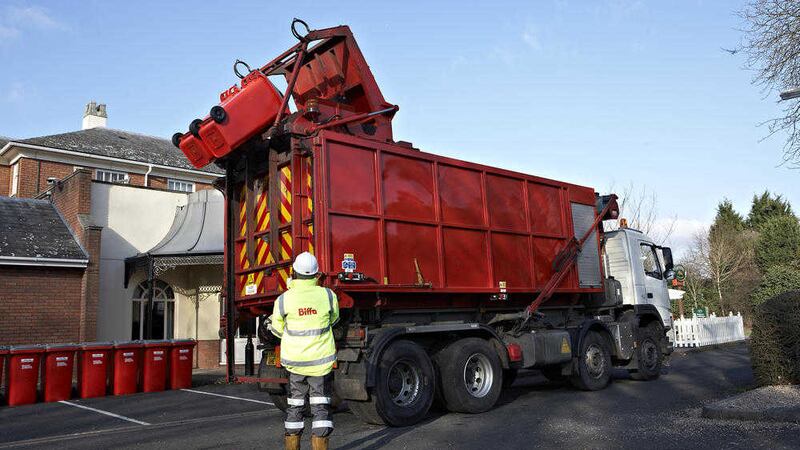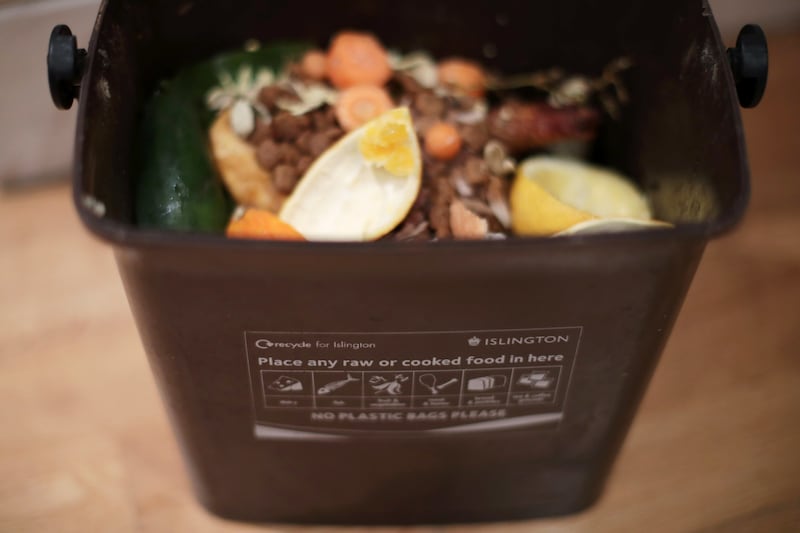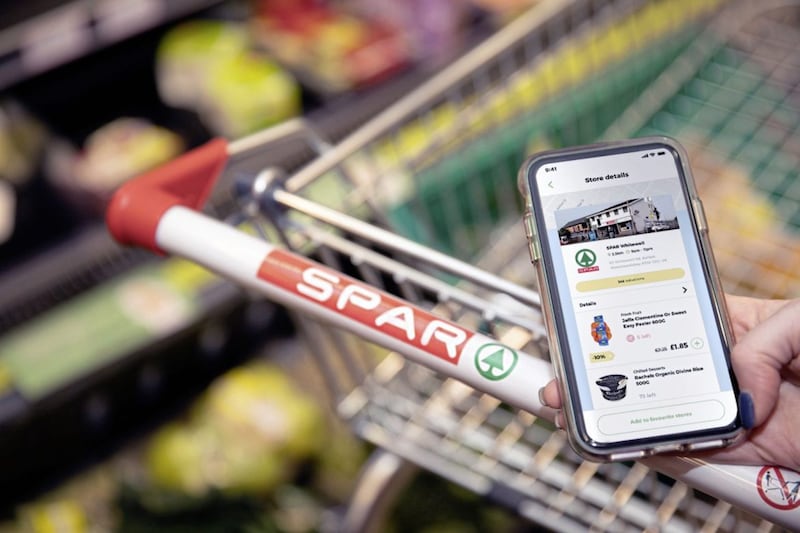MANY small firms in Northern Ireland are unaware of the financial penalties of not following new laws for separating food waste, a survey has suggested.
It is thought as many as one-in-three SMEs could be caught out by the new rules which came into force on April 1.
Thousands of food businesses across the north, from cafes to takeaways to hotels and hospitality businesses, must now segregate food waste produced in one week.
If they produce 50kg or more of food waste per week they must now put it into a separate waste stream so that it can be collected separately and turned into energy through anaerobic digestion.
Fines for not complying range from fixed penalty notices of £300 right up to £10,000 fines in the magistrates court for repeated non-conformance, a key point that a third of surveyed businesses were not aware of.
Biffa, which provides a food waste collection services said 16 per cent of businesses they contacted for the survey had not made any changes in preparation for the new law.
The company's regional general manager Barry Crews said: “Currently Scotland is leading the way in dealing with food waste and indeed, ‘Zero Waste Scotland’ legislation has been in place since January 1 2014, to require food businesses producing 50kg or more of food waste a week to have a separate food waste recycling stream.
“Now the focus is on Northern Ireland with producers being required to segregate their food waste if they generate 50kg or more of food waste a week.
“This requirement to the business community across Northern Ireland may lead to a rise in breaches and potential for financial penalties. This could create another burden on SMEs in particular, who sometimes don’t have the capacity or finances to ensure they are compliant with every single legal requirement.
“Our survey demonstrates that a third are unaware of the potential financial implications of a breach, something which could severely cripple a small business, with one in four admitting they couldn’t afford to pay a financial penalty. Food businesses are advised to ensure they are fully compliant now, before financial penalties can be issued.”







